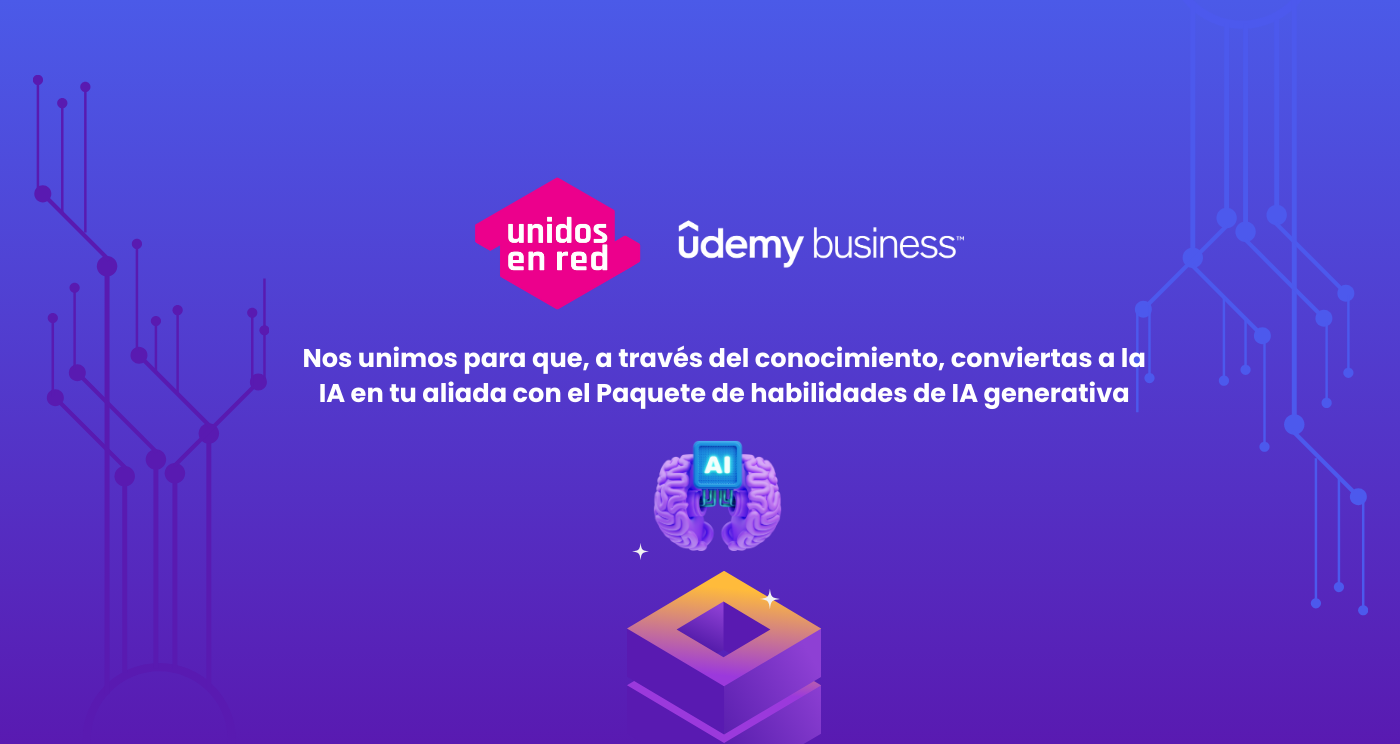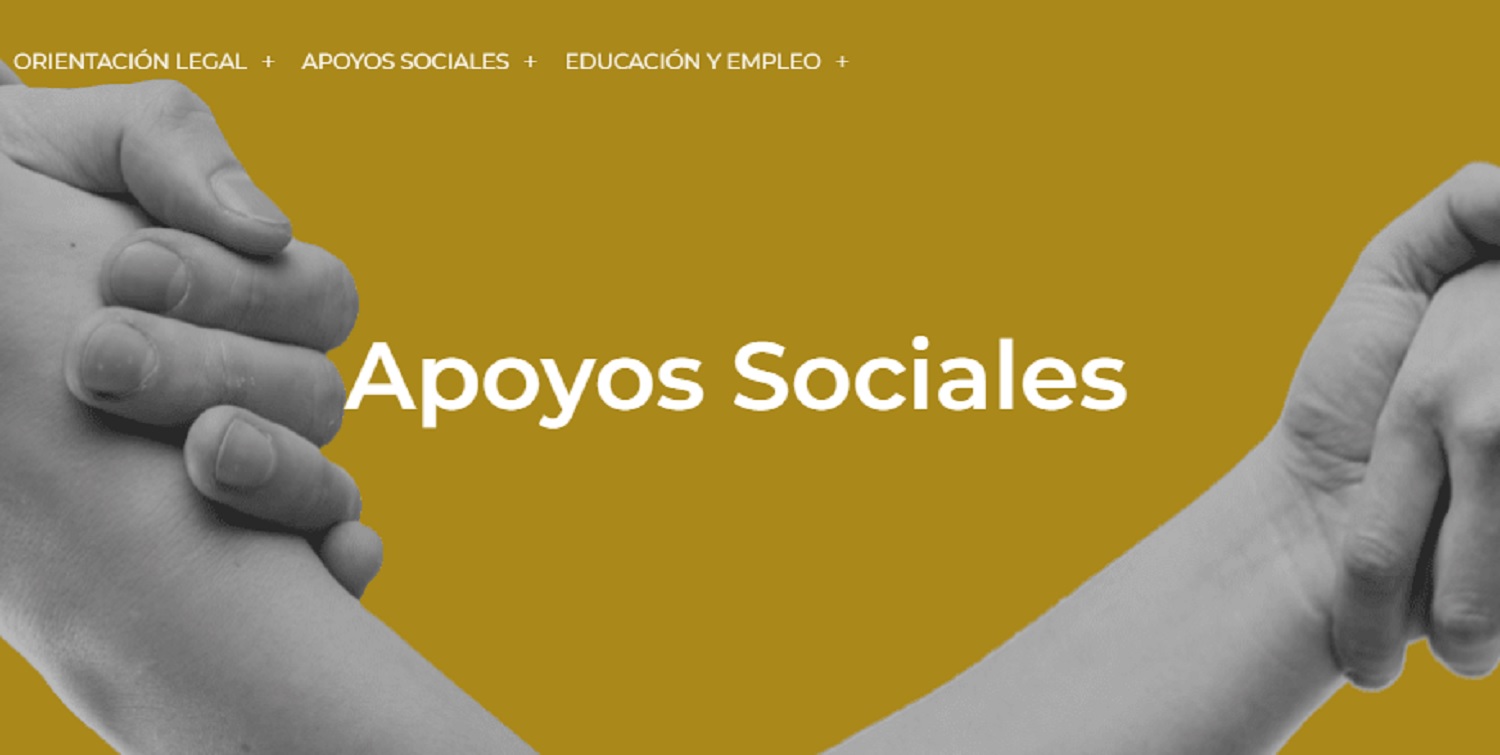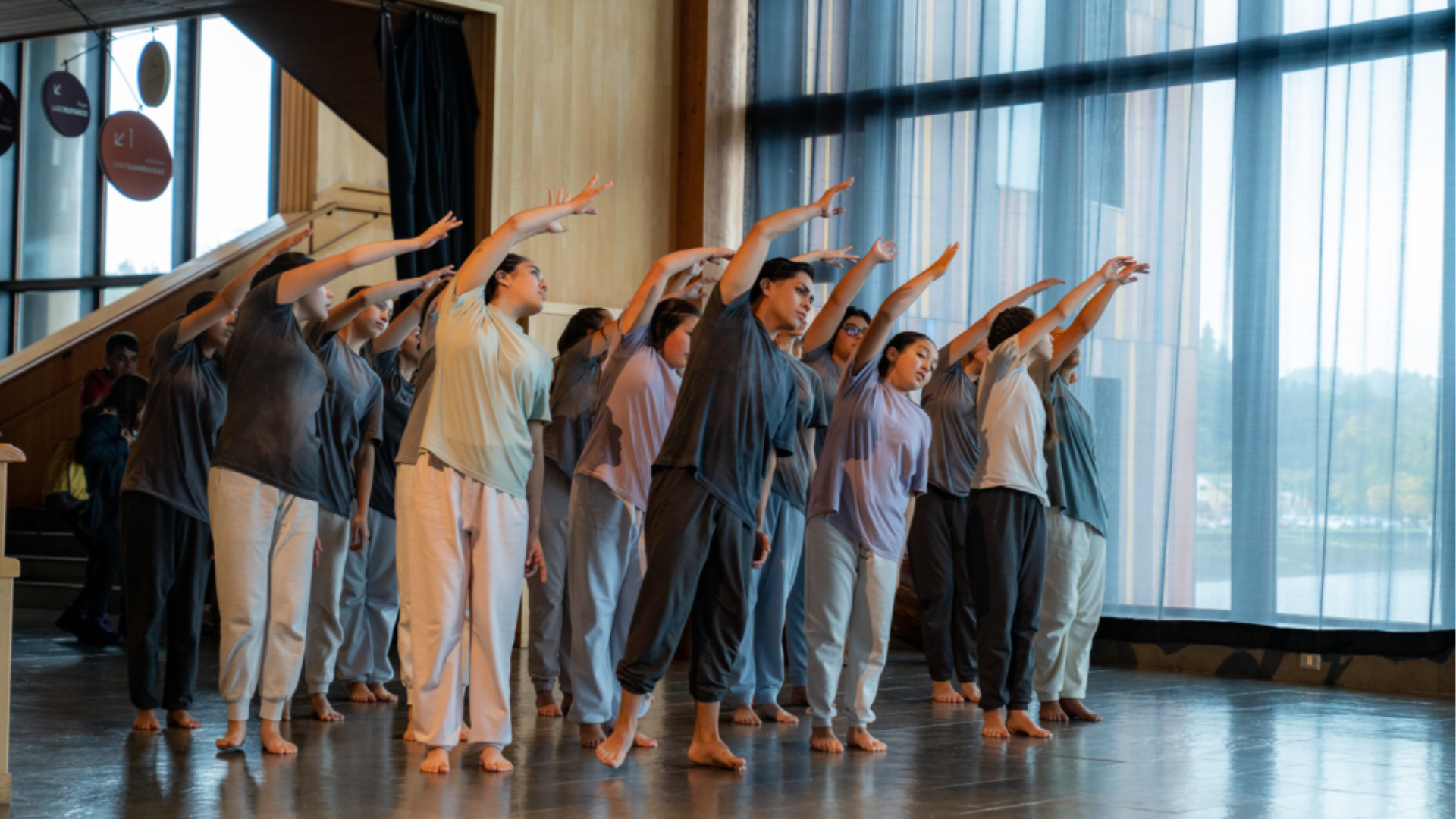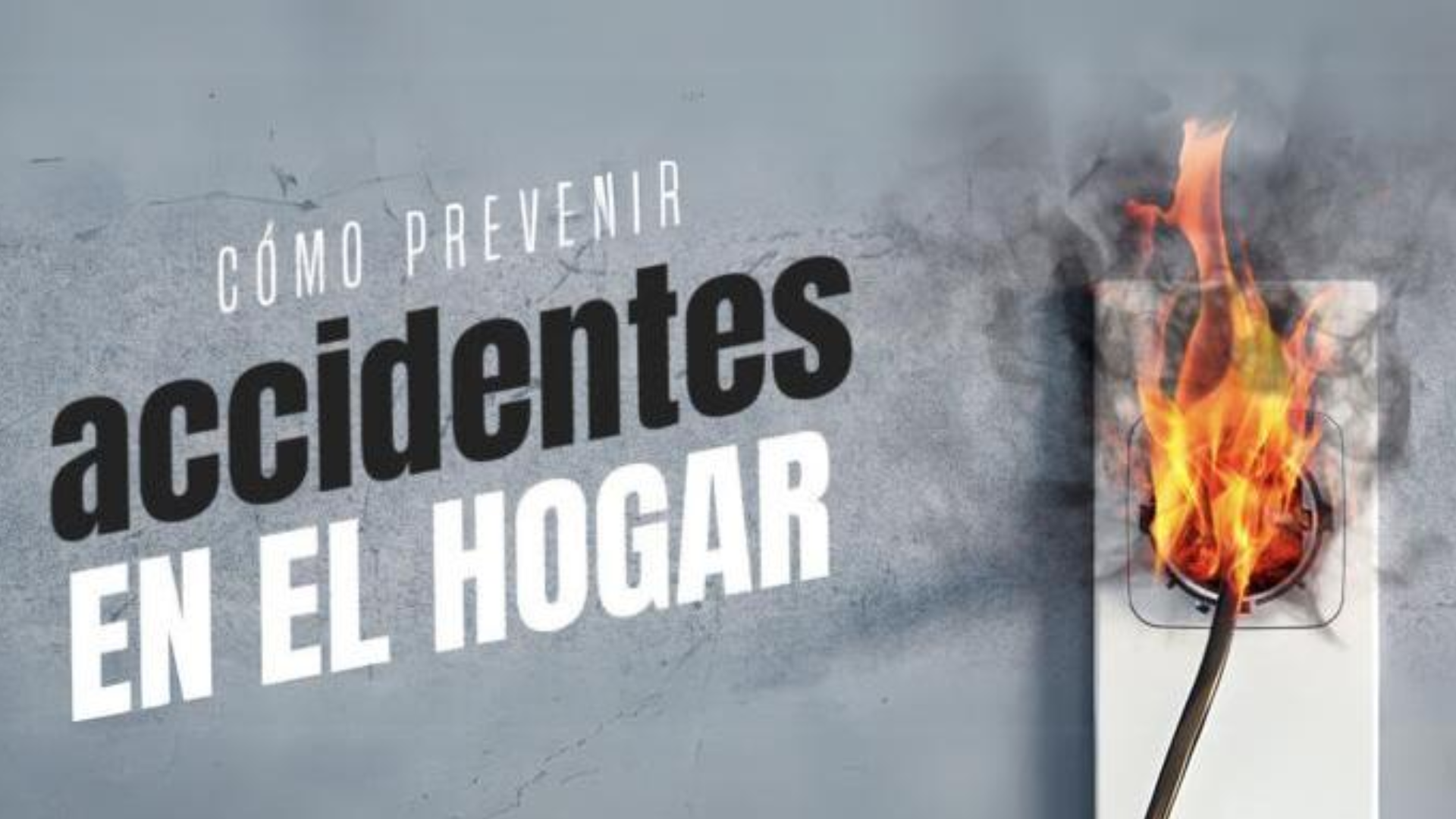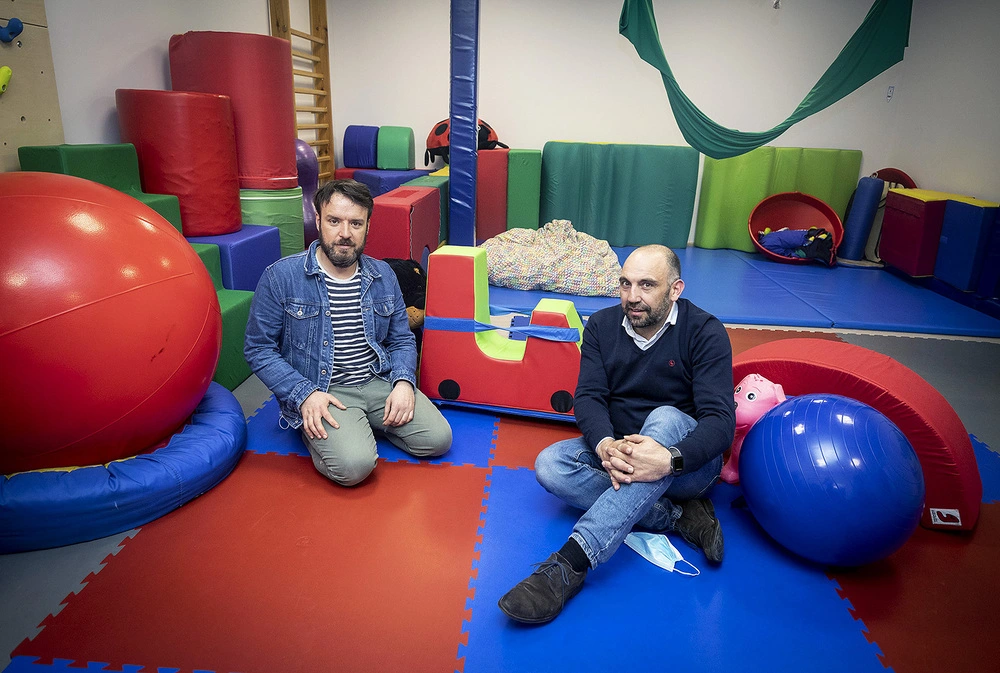
Our workhorse is socialization”, says the social worker of the Burgos Cerebral Palsy Association (APACE), Roberto Pérez, who for years has been verifying daily that disability, no matter how slight, adds difficulty to the often complex task of making friends. Or, simply, to the options of opening a hole in a group with which to go out and organize plans. Hence, Pérez is determined to get the entity to lead the start-up of an inclusive leisure space in Burgos. And he does it with an enthusiasm that is already shared: the Fundación Inocente Inocente has just made a contribution of 22,000 euros for this initiative, which is broad and highly ambitious.
“Indices of unwanted loneliness in youth in general have skyrocketed, so there are young people who do not have access to leisure and others who, due to their disability, have socialization difficulties,” says Pérez, clarifying that his goal is for some and others can come together in APACE to enjoy together a free time to suit them. It is estimated that “between 40 and 60 children” could benefit.
The initiative is not limited to proposing the organization of leisure plans in APACE, but also aims to offer, in addition to fun, a space in which minors with cerebral palsy can sleep over a weekend or on vacation. And it is for the creation and equipment of this “overnight space for leisure and family respite” for which the entity seeks financing. At the moment, they have obtained 37,000 euros from a grant from the Board and 22,000 from Innocent Innocent.
But this help falls short, given that the overall project is estimated at around 100,000 euros. Why? Because it goes one step further in the sphere of child welfare and also provides for the creation of a coexistence unit for families whose children need intensive neurorehabilitation. “We intend to cover two needs that we believe to be basic: leisure for children and young people and easy access to therapy with the Spider Suit,” says Pérez, referring to the suit used in this APACE therapy: a kind of reinforced bodysuit with rubber bands and rings that are hooked to a cage so that, through restraints and weights, a professional can help the child’s brain to ‘learn’ movements that his condition prevents him from performing on his own.
It is an expensive therapy -around 3,000 euros- that is concentrated in three months and achieves results that are impossible in any other way. Hence, APACE, which implemented it in 2019, is looking for a way to facilitate access. And, for this, it has thought of setting up a ‘mini apartment’ at its headquarters to accommodate families from outside the capital during the time of neurorehabilitation. «Many times, parents are overwhelmed in the search for therapeutic solutions. We, now, want to give them a push in the logistics part”, concludes the manager, Juan José Dueñas.


